

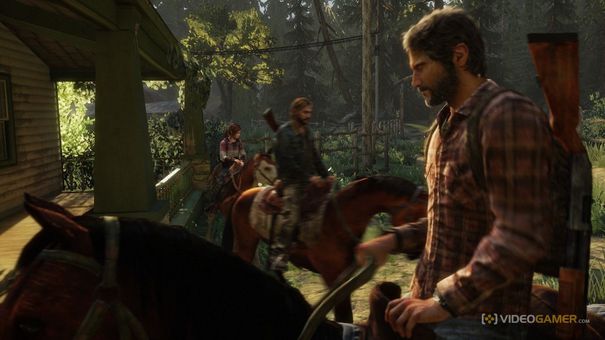

If you've reached the end of The Last of Us, hopefully it'll have impacted you as much as it did me. Although a few people I've chatted to have expressed slight disappointment with how Naughty Dog's latest concludes, I genuinely believe it to be one the finest endings to a game in some time.
If anything, other people's dissatisfaction is directly linked to the events that take place as The Last of Us reaches its final beats. Genuinely brave, Naughty Dog finishes a game that's deliberately harrowing, depressing and downbeat by ending on a sour note. Many believed either Ellie or Joel would be killed. Some put stock in mankind being saved before every cliché that exists was dragged out in order to give you an iota of hope as the credits roll. That doesn't happen, though. Instead, Joel – a man whose character is disgustingly well expanded over the game's running time – lies to a girl who has just enough innocence left to believe it*. It's a powerful moment.
Aside from going in an opposite direction to most of its competitors, though, it's what it teaches us about the environment we've just spent 15+ hours in that really hits home. Despite being in control of Joel, the player is never actually able to influence his narrative choices. While other titles explore such possibilities, the fact Naughty Dog doesn't is paramount to the story as a whole. As much as I had warmed to Ellie throughout and didn't want to see her die, I was was uneasy with the thought of Joel essentially kidnapping and stopping her from becoming the saviour of mankind. The gravitas of that decision was one I didn't feel comfortable being taken out of my hands to the point of replaying the ending assuming I could simply walk away from the hospital room where she was being kept. I wanted to make that sacrifice.
This got worse during the game's final scene, where Joel lies to Ellie simply to appease both his and her conscience. As well as proving to be exceptionally hard-hitting – I cannot think of another game that dares to end on a single word – it's another instance where Joel acts independently, underlining who he is as a human being.
It's at these junctures where Naughty Dog manages to shine. The majority of video game 'heroes' more or less do the right thing and take the moral path – unless they're supposed to be an out-and-out asshole – but that's just not the case here. Even though the world he finds himself in is a living nightmare, Joel doesn't come across as inherently evil. We're sympathetic towards him almost instantly as his daughter dies in a way that no father would ever be able to understand. Although we've experienced it too, and there's plenty of hints throughout, it's not until the game's closing minutes where you genuinely understand the impact this had on him. More importantly, it highlights that he was never truly able to move on. Choosing his own sanity and survival over the entire population's is evidence enough, but it's his comment about 'surviving' that go even deeper.
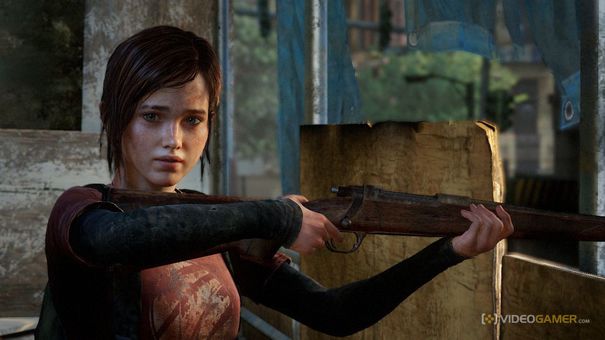
The context Joel gives towards the end of The Last of Us is indicative of his mental state. “I struggled a long time with surviving... No matter what, you keep finding something to fight for.” Almost like The Shawshank Redemption, where Red describes Brooks' inability to deal with the 'outside' as his actual prison, the virus is Joel's own way of being institutionalised. With it, he's forced to find something to continually keep him going. Without it, he has no choice but to face up to the death of his daughter, an incident he has obviously never been able to overcome. Furthermore, in the world he currently lives in, Ellie is there to fill that void.
It's not like Joel is unaware of his grief either. Actively trying to push Ellie onto his brother at one point, it's as if he knows what his intentions are. That, or the fear of losing someone who could potentially take the place of his daughter is too much to bear.
To look at the conclusion of The Last of Us without seeing all the foreshadowing that comes before it is doing it a great disservice. Naughty Dog may have created two of the most 'real' characters in all of video games, never straying away from what motivates them, right up to the bitterly sad finale. For it to end in any other way just wouldn't have seemed right, and the fact that the brains behind Uncharted decided to see that through, regardless of what that meant, deserves a tremendous amount of credit.
In the same way as the opening hits you hard and leaves you reeling for a few minutes as you take it all in, so does the end. Mimicking the start almost verbatim – with Ellie taking the place of Sarah in Joel's arms - Marlene could be seen (if you want to get really preposterous) to represent the soldier who committed the act during the final few seconds of the prologue. Standing in Joel's way, the change he has gone through over the past 21 years is evident: he shoots an innocent woman in the face to get what he needs.
There are only a handful of games that I've finished that have made me want to talk about what had happened (BioShock Infinite would be another recent example) but The Last Of Us' had me desperate to do so instantly. It's a fitting end for what I consider to be one of the stand-out titles of this generation.
* After reading this it was brought to my attention that maybe Ellie actually knows Joel is lying but has no choice but to accept it. If true, that would make the ending even more heartbreaking. What do you think? Let us know in the comments below.
Get involved even more with The Last of Us by listening to the VideoGamer.com spoilerific podcast, literally below this text for your listening pleasure:
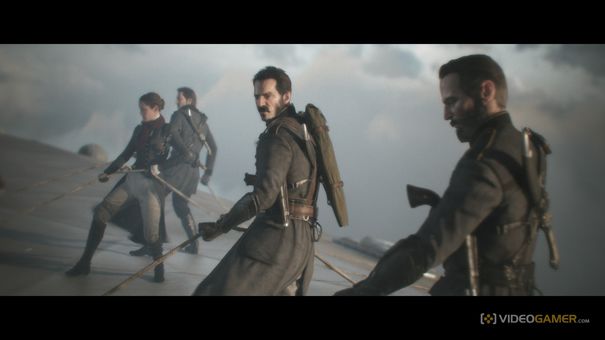
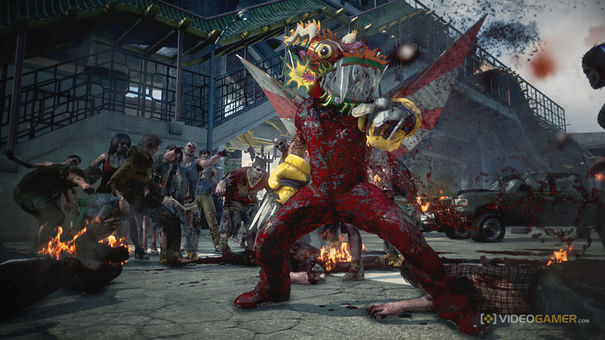
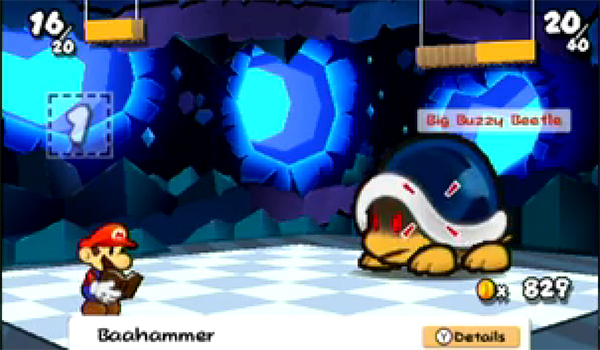
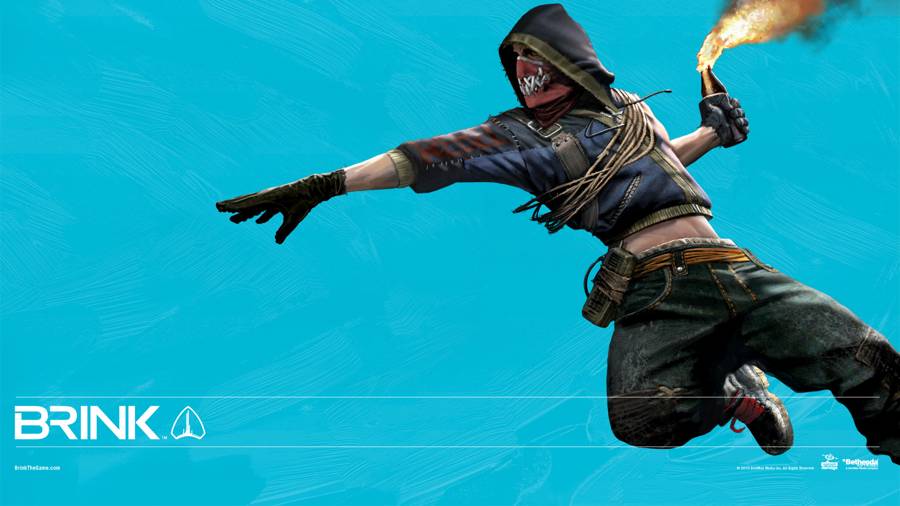
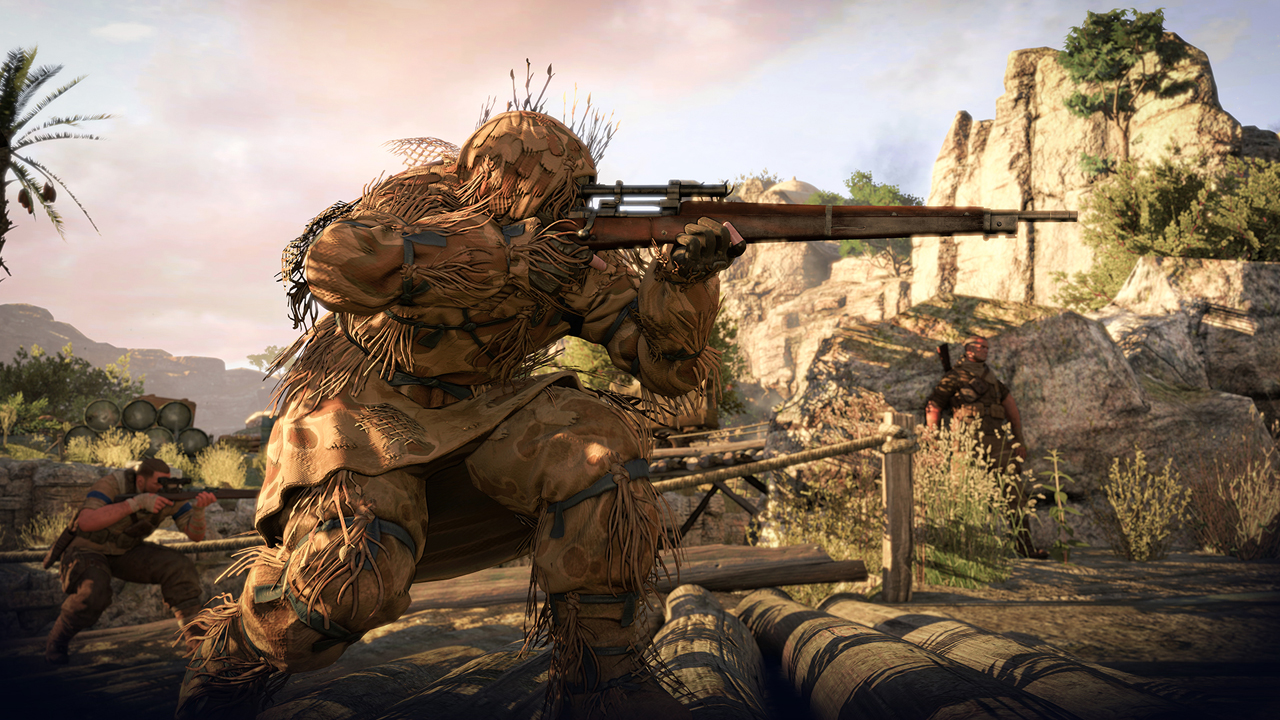 Sniper Elite 3 – Collectible Cards Guide
Sniper Elite 3 – Collectible Cards Guide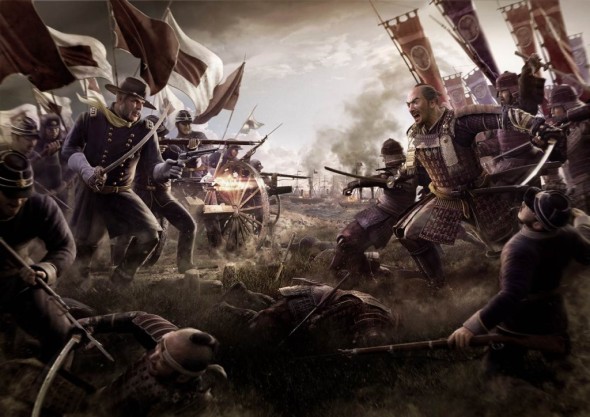 The Shogun 2 Guide to Technological Warfare - AlterGamer
The Shogun 2 Guide to Technological Warfare - AlterGamer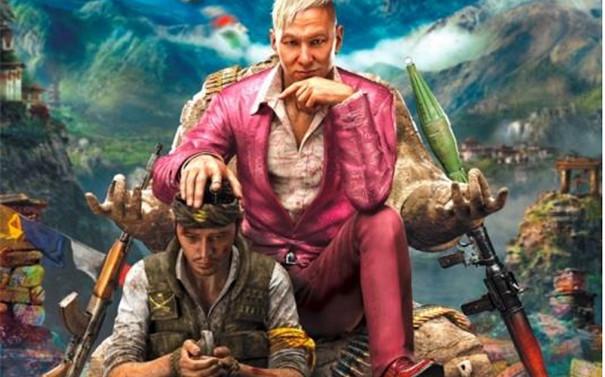 Far Cry 4: Whats the story? And should we even care?
Far Cry 4: Whats the story? And should we even care?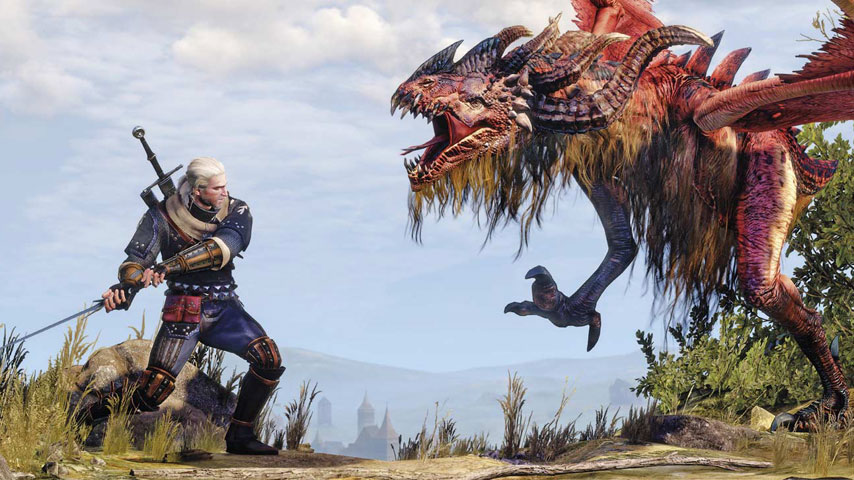 You should install The Witcher 3’s 1.07 patch because it’s a real game changer
You should install The Witcher 3’s 1.07 patch because it’s a real game changer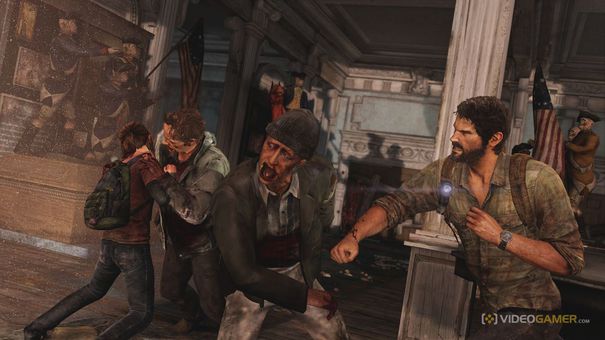 Is The Last Of Us the best game ever made?
Is The Last Of Us the best game ever made?